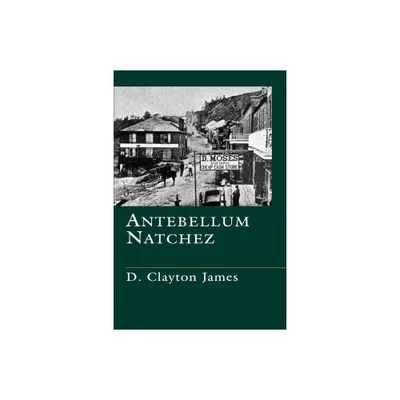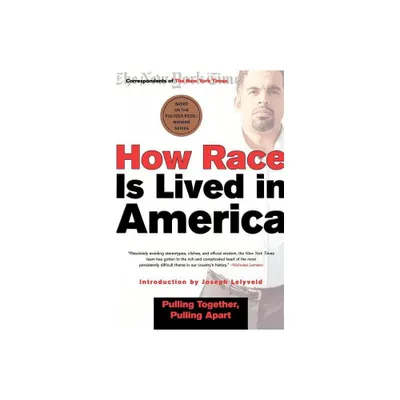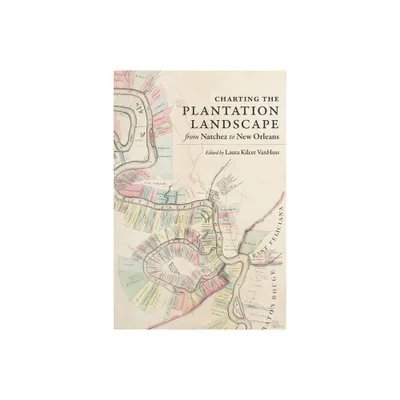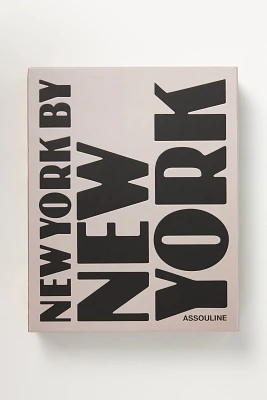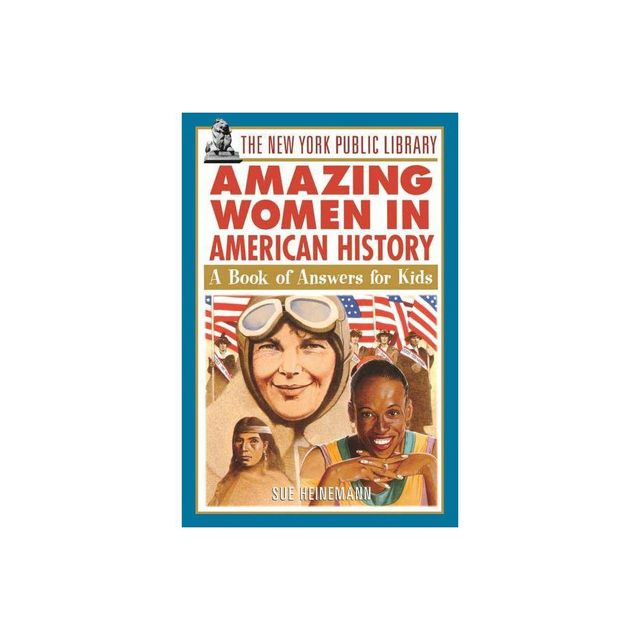Home
An American Planter: Stephen Duncan of Antebellum Natchez and New York
Loading Inventory...
Barnes and Noble
An American Planter: Stephen Duncan of Antebellum Natchez and New York
Current price: $30.00


Barnes and Noble
An American Planter: Stephen Duncan of Antebellum Natchez and New York
Current price: $30.00
Loading Inventory...
Size: Paperback
*Product Information may vary - to confirm product availability, pricing, and additional information please contact Barnes and Noble
Extraordinarily wealthy and influential, Stephen Duncan (1787–1867) was a landowner, slaveholder, and financier with a remarkable array of social, economic, and political contacts in pre-Civil War America. In this, the first biography of Duncan, Martha Jane Brazy offers a compelling new portrait of antebellum life through exploration of Duncan's multifaceted personal networks in both the South and the North.
Duncan grew up in an elite Pennsylvania family with strong business ties in Philadelphia. There was little indication, though, that he would become a cosmopolitan entrepreneur who would own over fifteen plantations in Mississippi and Louisiana, collectively owning more than two thousand slaves. With style and substance, Martha Jane Brazy describes both the development of Duncan's businesses and the lives of the slaves on whose labor his empire was constructed.
According to Brazy, Duncan was a hybrid, not fully a southerner or a northerner. He was also, Brazy shows, a paradox. Although he put down deep roots in Natchez, his sphere of influence was national in scope. Although his wealth was greatly dependent on the slaves he owned, he predicted a clash over the issue of slave ownership nearly three decades before the onset of the Civil War.
Perhaps more than any other planter studied, Duncan contradicts historians' definition of the southern slaveholding aristocracy. By connecting and contrasting the networks of this elite planter and those he enslaved, Brazy provides new insights into the slaveocracy of antebellum America.
Duncan grew up in an elite Pennsylvania family with strong business ties in Philadelphia. There was little indication, though, that he would become a cosmopolitan entrepreneur who would own over fifteen plantations in Mississippi and Louisiana, collectively owning more than two thousand slaves. With style and substance, Martha Jane Brazy describes both the development of Duncan's businesses and the lives of the slaves on whose labor his empire was constructed.
According to Brazy, Duncan was a hybrid, not fully a southerner or a northerner. He was also, Brazy shows, a paradox. Although he put down deep roots in Natchez, his sphere of influence was national in scope. Although his wealth was greatly dependent on the slaves he owned, he predicted a clash over the issue of slave ownership nearly three decades before the onset of the Civil War.
Perhaps more than any other planter studied, Duncan contradicts historians' definition of the southern slaveholding aristocracy. By connecting and contrasting the networks of this elite planter and those he enslaved, Brazy provides new insights into the slaveocracy of antebellum America.

